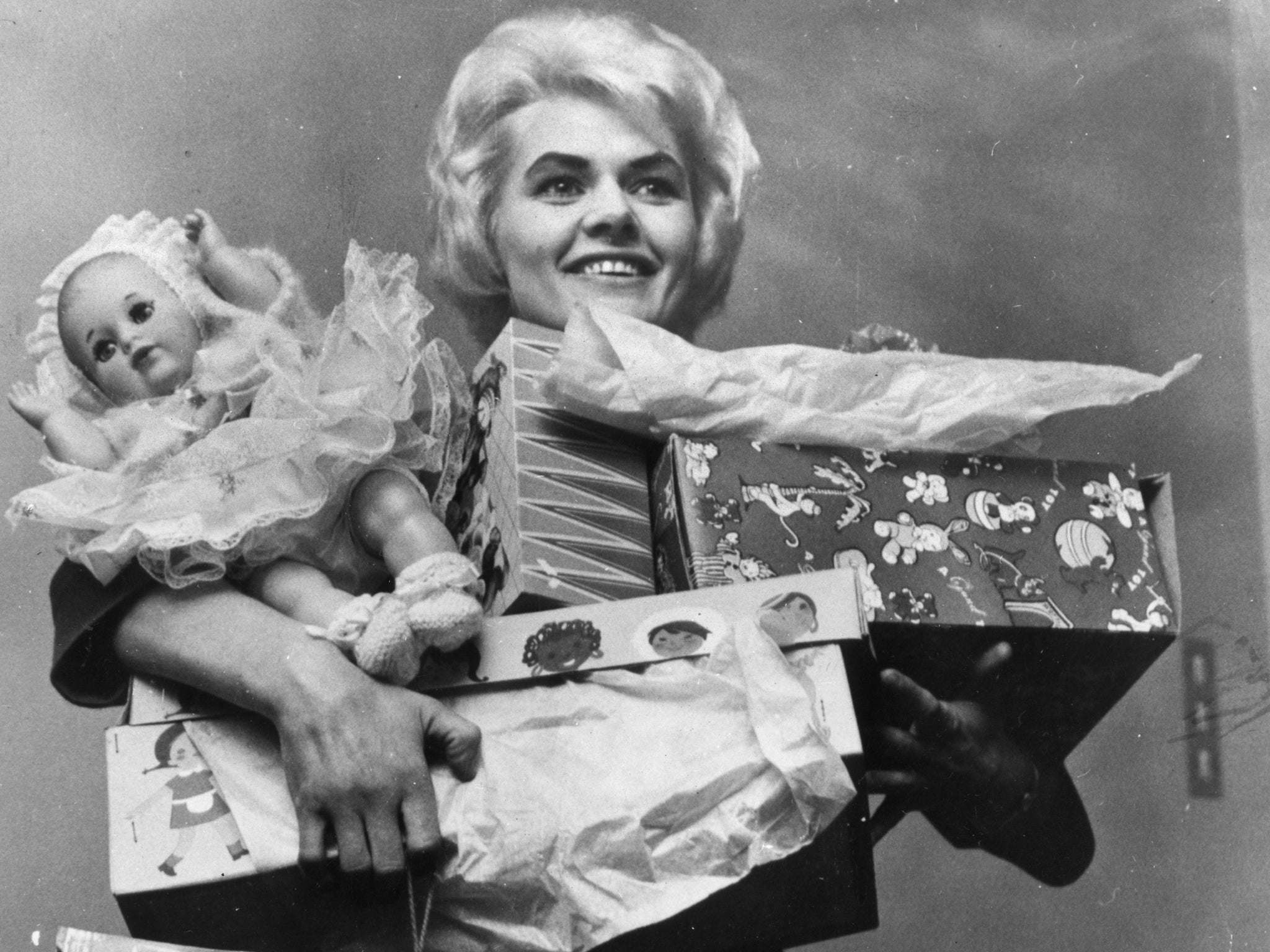In the 21st century, we are all encouraged to be Viv Nicholsons now
It's no wonder we are told to 'spend, spend, spend' when we live in a time that is defined by excessive consumption


I heard a very interesting discussion on the radio yesterday about the death of Viv Nicholson, who was one of the most celebrated figures of the Swinging Sixties. In 1961, her husband Keith won £152,000 on the football pools. When asked what she was going to do with the money, Mrs Nicholson replied that she would “spend, spend, spend”. It was a phrase that came to embody the confidence of a new, freer, more permissive age.
The Nicholsons’ win would be around £3m today. In other words, this is the equivalent of a minor lottery win, certainly one which wouldn’t attract much interest from the newspapers. Nevertheless, it was enough to ruin Viv Nicholson’s life. Far from going on an orgy of spending, she lost most of it on bad investments.
Mr Nicholson died four years after the win, and his widow was anything but merry, admitting that her unexpected windfall caused her all sorts of psychological problems and left her distanced from those she grew up with (she was born in the West Yorkshire town of Castleford). So famous was this particular curse of plenty that a picture of Mrs Nicholson is on the front of The Smiths album Heaven Knows I’m Miserable Now.
One of the problems she faced in living a life true to her mantra, according to the radio discussion, was that she would have had great difficulty spending all that loot. Quite simply, after she bought a car and a house, there was nothing left to buy. No mobile phones that cost £5,000, no £10,000 designer handbags, no electronic gadgetry, no bling. The world hadn’t really heard of a luxury goods market, and shops weren’t full of the things no one really needs, or devices that are supposed to make our lives easier but actually take us further away from meaningful human contact.
Our appetite for consumption has become one of the defining features of the early 21st century. According to a study commissioned by Barclaycard, consumer spending on what may be considered treats has increased substantially over the past year. Spending on dining out has risen by 17 per cent while the amount of money we fork out on entertainment has gone up 12 per cent. Any spare cash we have goes on the goods and services we think will improve our lives, like smartphones, tablets and assorted electronic items.
This is seen as evidence that, on the day another period of zero inflation is announced, British consumers have the confidence to spend on “non-essential” products. For many years, we’ve been told that spending is good for us, that maxing out the credit cards is our patriotic duty, and this has engendered a culture of conspicuous consumption.
If a modern-day Viv Nicholson won the lottery and pledged to blow the lot on a shopping spree, she’d be: a) able to do it; and b) wouldn’t really stand out that much.
In this time of excess, and in a nation where the global super-rich are welcomed to take advantage of our benevolent tax regime, outrageous spending has become the norm. A little while ago, I saw a Ferrari covered in Swarovski jewels parked in Knightsbridge. Poor Viv. She was 50 years ahead of her time.
Join our commenting forum
Join thought-provoking conversations, follow other Independent readers and see their replies
Comments